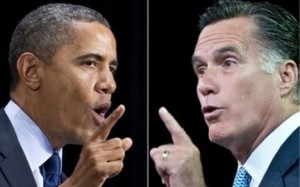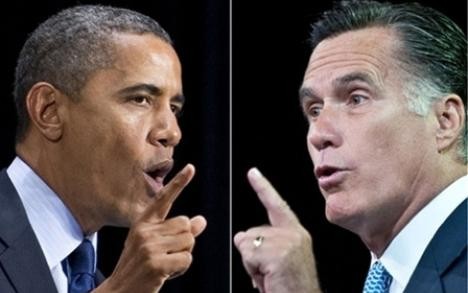
In the United States, we do elections big. Between the daytime horse race and primetime debates, there’s the pricetag. The total spent on advertising from candidates, parties and outside groups? $6.5 billion, according to the Wall Street Journal. In fact, Americans are so passionate about politics, they’ve birthed an entire linguistic substratum of unpleasant-sounding words to describe it. Here are my top five, all of them made in the USA.
muckraking (n.)
“The practice of uncovering and publicizing evidence of corruption and scandal, esp. among powerful or well-known people or institutions.” (from the Oxford English Dictionary)
The OED its use as far back as 1895 in a California political broadsheet, the Fresno Republican Weekly. For examples of muckraking today, read anything by Mick Dumke or Ben Joravsky in the Chicago Reader.
mugwump (n.)
“A person who remains aloof from party politics, professing political disinterest; a Republican who in 1884 refused to support Grover Cleveland, the Republican Party nominee for president.” (from the Oxford English Dictionary)
A Native American word in origin, in early colonial settings mugwump was used much like “boss” is used when referring to political “bosses.” But readers of William S. Burroughs will most likely recall (with some queasiness) the creatures called mugwumps that appear in his book Naked Lunch.
filibuster (n.)
“The use of extreme dilatory tactics in an attempt to delay or prevent action especially in a legislative assembly.” (from the Merriam-Webster Dictionary)
“Filibuster” is derived from “flibustier,” an antiquated term for pirates specifically and troublemakers in general. Nowadays, filibuster refers to a roundly-despised tactic that the minority party in Congress will often use to stonewall the majority from voting on legislation. Methods include long-winded, rambling speeches, and whatever else it takes to hold the floor.
skullduggery (n.)
“Underhanded dealing, roguish intrigue or machination, trickery.” (from the Oxford English Dictionary)
Your correspondent couldn’t find any details about skullduggery’s origin, but it was first used in its modern sense in Minnesota, in the late 1860s. In the shady political atmosphere of the 1800s, it proved a very helpful word, and its usage spread like wildfire.
gerrymander (v.)

“To manipulate in order to gain an unfair advantage.” (from the Oxford English Dictionary)
Massachusetts governor Elbridge Gerry put the “gerry” in “gerrymandering” when he drew up the electoral districts around Boston to include voters that supported the Democratic-Republicans and exclude those who didn’t. The product looked like a salamander: add a dash of portmanteau, and voilá: “gerrymandering.” It’s still used to refer to districting that deliberately excludes certain groups so the incumbent politican will retain power, but its meaning has since extended to describe any type of rigged situation.

